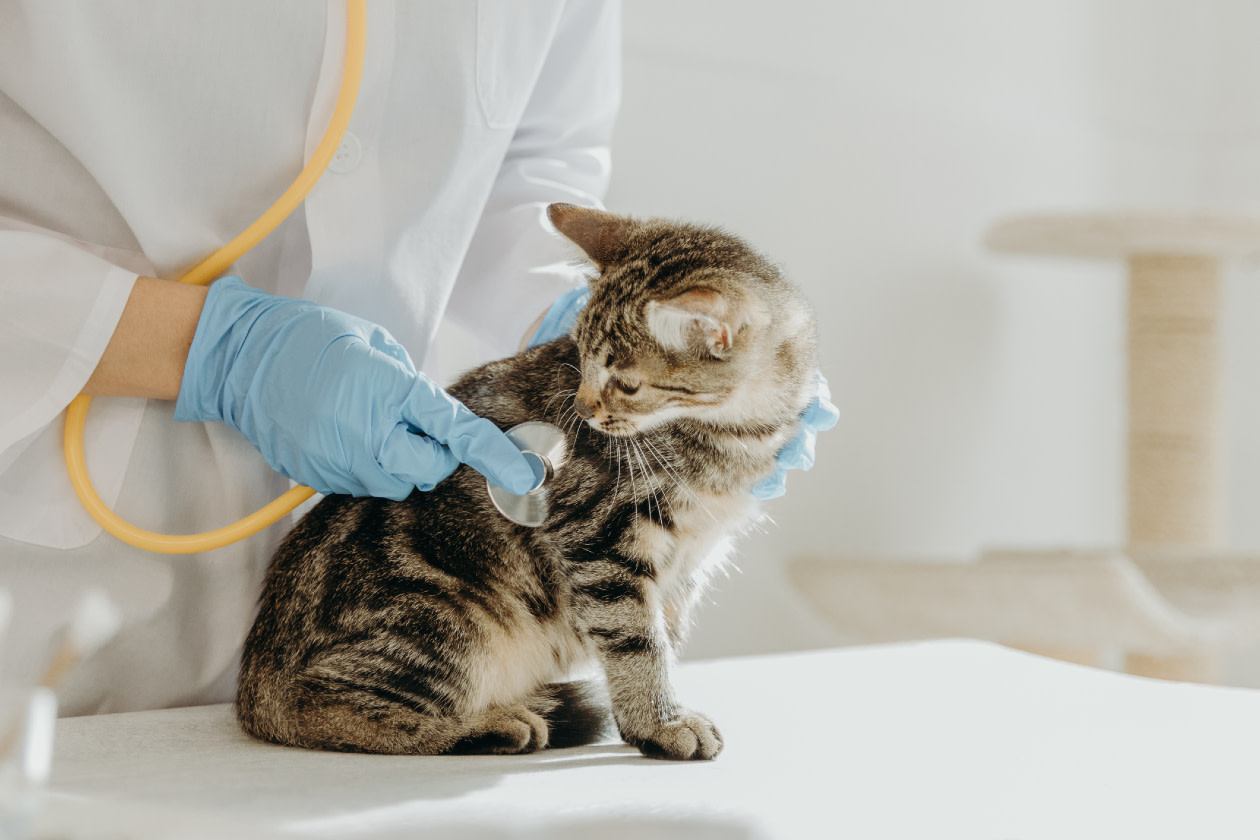CVS Group’s sales grew 5.7% in the first four months of its financial year, reflecting like-for-like growth and the impact of acquisitions.
Underlying cash profit (EBITDA) has increased by 6.2%.
In the period, the Group completed two acquisitions in Australia for £23.6mn, with a strong deal pipeline in place.
CVS remains confident of meeting market expectations for underlying cash profits of around £142mn.
The group is on track move its listing from AIM to the main market of the London Stock Exchange early in the first quarter of 2026.
The shares remained flat in early trading.
Our view
CVS Group’s had a decent start to the year. But investors showed little reaction either way following unchanged guidance on the day of the company’s AGM.
The provisional outcome of the Competition and Markets Authority investigation into the UK veterinary industry removes some doubts around the competitive environment, but we caution that there’s still a chance that the final report could include some more demanding measures. The company has hinted that the investigation’s conclusion could herald a reboot of acquisitions in the UK.
A lull in activity during the regulatory probe could provide a favourable market for consolidators like CVS. Management is also hopeful that its vets will be less hesitant about offering clients more advanced treatment options, which could be a further positive for revenue growth.
The group’s a one-stop shop for pet needs - the biggest business is its hundreds of vet clinics. But it also operates an online pharmacy – Animed, and a Laboratory division that provides diagnostic services. The veterinary sector certainly has its attractions. People will spend on their furry companions, especially when it comes to health, no matter what's going on in the economy. The pandemic has seen pet ownership increase massively too.
And not only this, but the way we treat our animals is playing into the hands of vets. So-called humanisation of animals means we're more willing to part with cash on check-ups and treatments for every sniffle and tummy upset. Half a million of us are signed up to the Healthy Pet Club subscription service, which makes custom even stickier.
Acquisitions remain key, with the focus currently on Australia, where similarities with the UK market should allow smooth integration into the group. The recent sale of the Crematoria has made a welcome dent in the company’s debt levels, freeing up significant headroom for further deals. Meanwhile, the modest dividend yield looks to be well covered by cash flows, and a small buyback has been launched. Of course, no shareholder payouts can be guaranteed.
We see CVS as a high-quality business in an attractive market. Despite a strong recovery so far this year, the current valuation is still well below the long-term average, and we do see some potential upside from here.
Business activity looks to be picking up, and the risks of draconian regulatory intervention appear to be much reduced. That shifts the focus of investors firmly back in the direction of financial performance. However, with economic uncertainty riding high, the risks on that front remain elevated.
Environmental, social and governance (ESG) risk
The healthcare industry is largely medium-risk in terms of ESG, with companies in Europe and the US trending toward the lower end of the spectrum due to more stringent regulations. Risk also varies by subindustry, with Pharmaceuticals categorised as medium/high risk due to higher exposure and weaker management. Across the board, product governance is the most acute risk, with business ethics, labour relations and data privacy also contributing. Providing reasonable access to healthcare as a basic service is also a growing issue, with greater concerns surrounding the social implications of for-profit healthcare companies.
According to Sustainalytics, CVS Group’s management of ESG risks is average. Issues of note include poor disclosures, resulting in substandard accountability to investors and the public. Whilst the CMA investigation is nearing completion we see business ethics as a key ESG risk to be mindful of. Given the group’s reliance on highly skilled veterinary practitioners, labour relations and with it talent retention and attraction are also an area to watch.
CVS key facts
All ratios are sourced from LSEG Datastream, based on previous day’s closing values. Please remember yields are variable and not a reliable indicator of future income. Keep in mind key figures shouldn’t be looked at on their own – it’s important to understand the big picture.
This article is original Hargreaves Lansdown content, published by Hargreaves Lansdown. It was correct as at the date of publication, and our views may have changed since then. Unless otherwise stated estimates, including prospective yields, are a consensus of analyst forecasts provided by LSEG. These estimates are not a reliable indicator of future performance. Yields are variable and not guaranteed. Investments rise and fall in value so investors could make a loss.
This article is not advice or a recommendation to buy, sell or hold any investment. No view is given on the present or future value or price of any investment, and investors should form their own view on any proposed investment.


